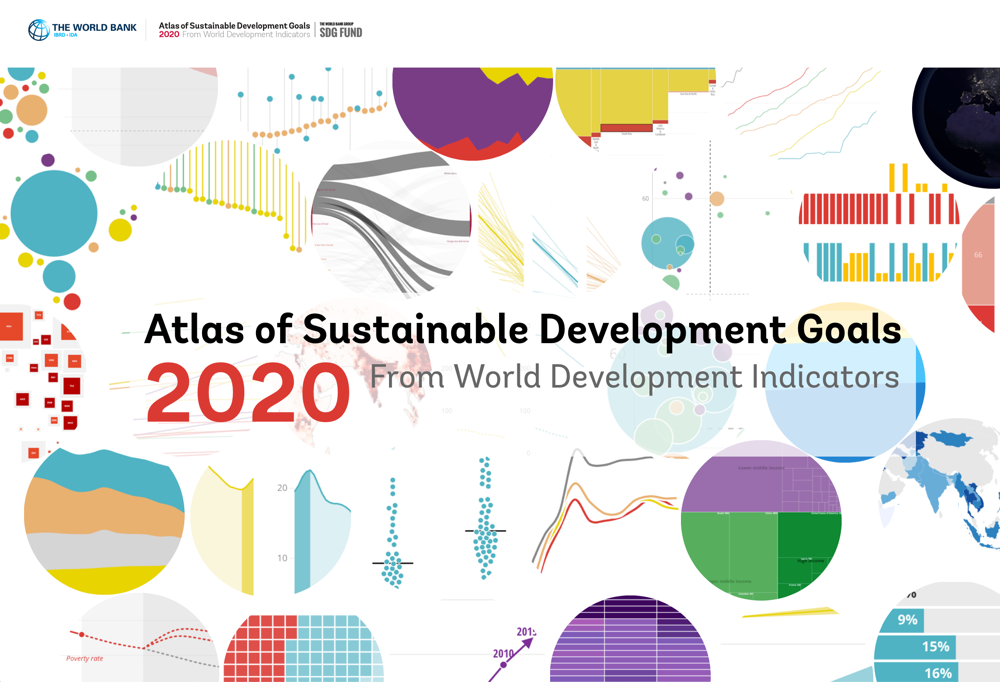Partner content
The Atlas of Sustainable Development Goals 2020 presents interactive storytelling and data visualizations about the 17 Sustainable Development Goals. It highlights trends for selected targets within each goal and introduces concepts about how some SDGs are measured. Where data is available, it also highlights the emerging impact of the COVID-19 pandemic on the SDGs.
Control Theory in Biomedical Engineering Applications in Physiology and Medical Robotics 2020, Pages 205-234
Reference Module in Earth Systems and Environmental Systems, Encyclopedia of the World's Biomes, 2020
Reference Module in Earth Systems and Environmental Systems, Encyclopedia of the World`s Biomes, 2020
Mental and Behavioral Health of Immigrants in the United States, Cultural, Environmental, and Structural Factors, 2020, Pages 157-178
Mental Health and Behavioral Health of Immigrants in the United States, 2020, Pages 179-200

